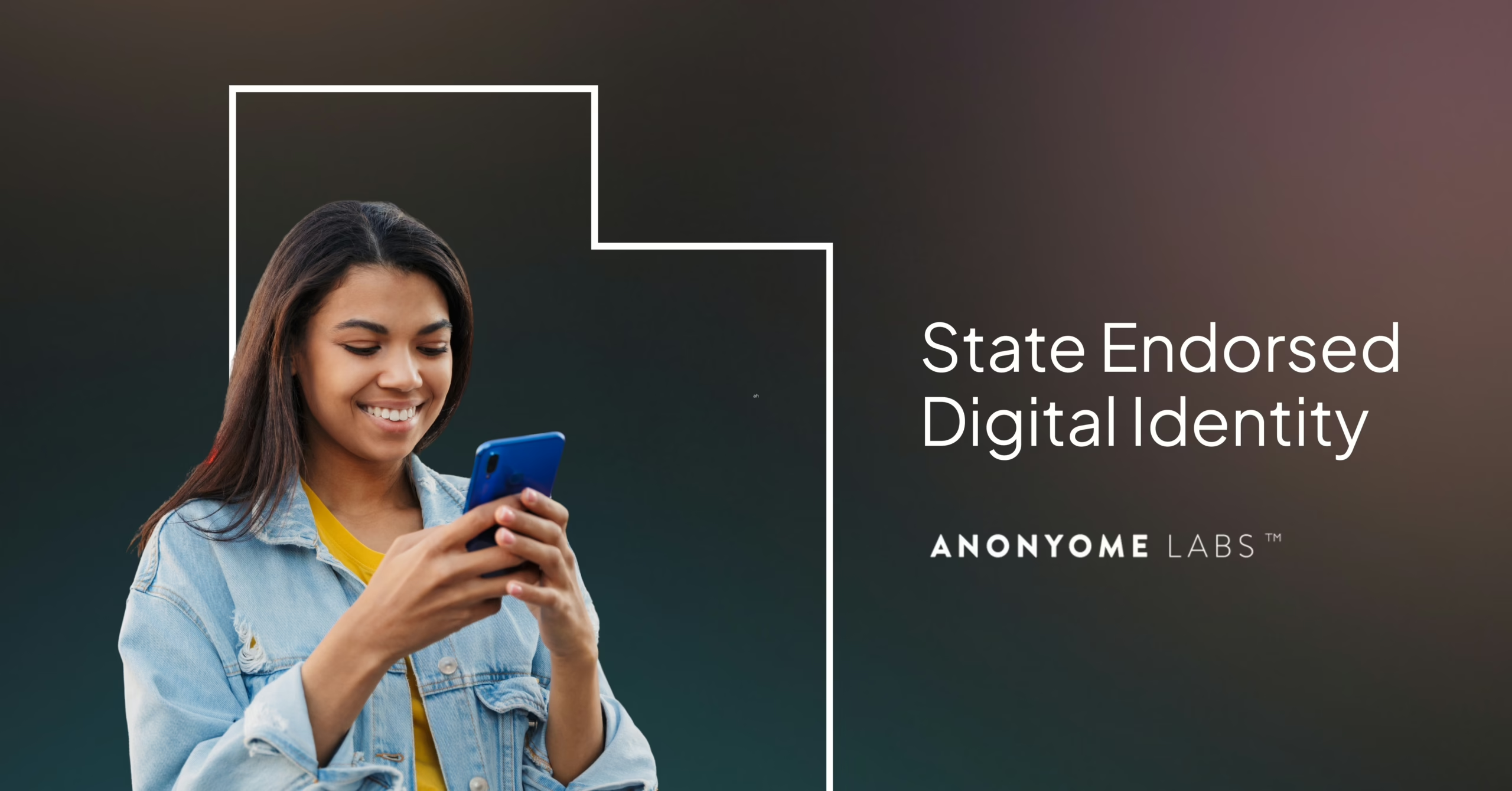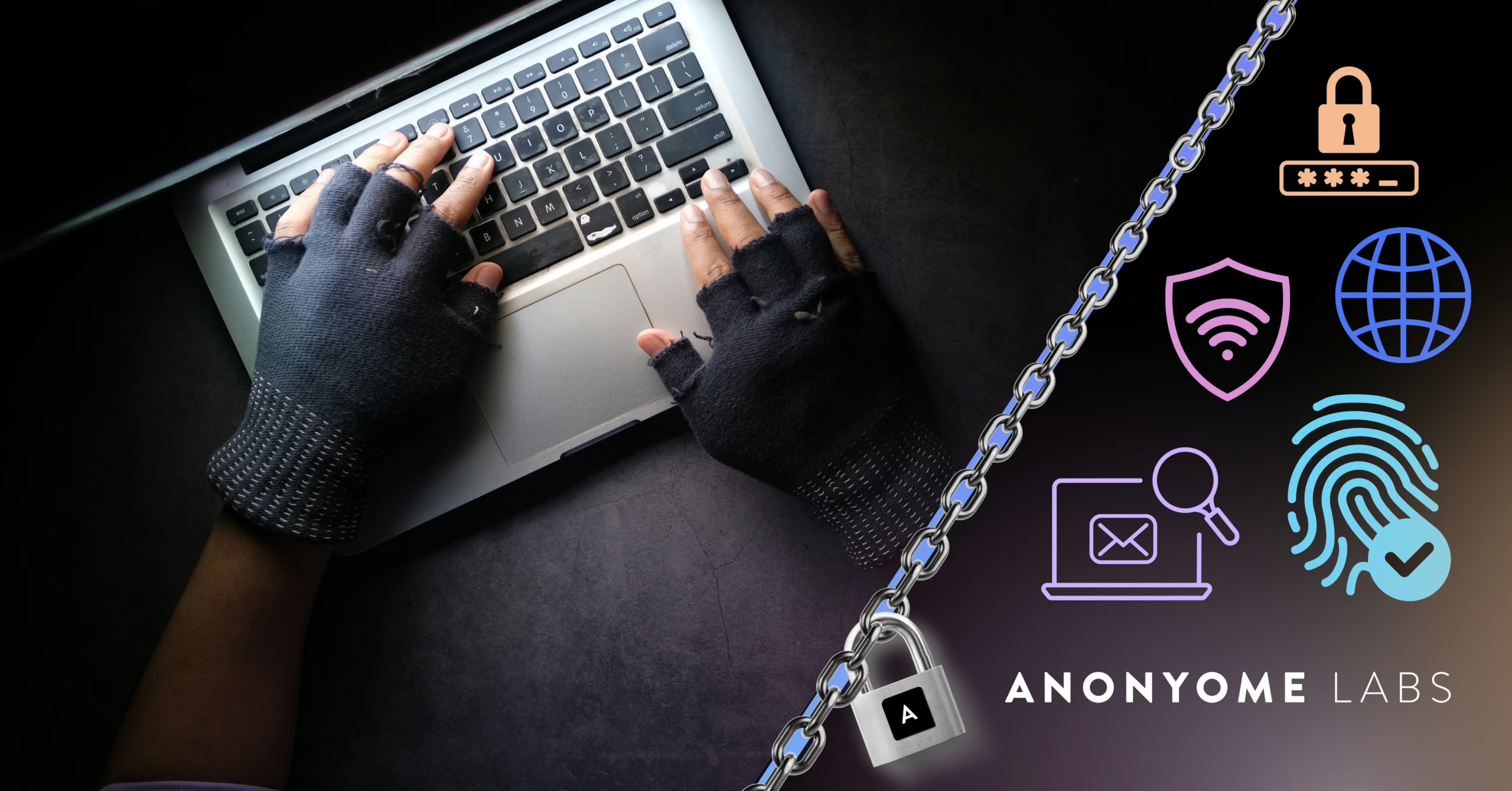Just as engine exhaust is residue from using a car, digital exhaust (or data exhaust) is residue from using the Internet.
Digital exhaust is all the information or ‘consumer data’ a person creates as they interact with web sites and services.
Let’s take you, for example. Your digital exhaust might include your name, phone number and email address, your credit card number, your billing and shipping address, the products you purchased, the services you signed up for, the social media posts you made, what you liked and shared, the sites you browsed, and the search terms you entered.
Knowing that, you can probably guess our next point: Your digital exhaust contains highly sensitive information that identifies you and reveals your private activities.
In fact, your digital exhaust contains your personally identifiable information or PII, which is any data that can be used to identify a person. It’s the personal information we’re trying to protect with data privacy and cybersafety technologies like the MySudo app, because it’s so valuable to companies, data brokers, and criminals.
To give you an idea of how valuable your digital exhaust is to others, consider this:
- Data broking is a $200 billion a year industry.
- A single email address is worth an average $89 over time, but if it’s for travel related marketing, it’s worth an average $251 over time.
- Global cybercrime damages are predicted to hit $6 trillion annually by next year.
But what about the tangible effects of this exposure on your everyday life? These effects range from inconveniences to serious dangers, and include such things as:
—Your credit card is hit with a bunch of charges you didn’t authorize. Now you’ve got to cancel your card and clean up the mess.
—Someone uses your driver’s license as ID on bad checks.
—You fill out a survey and give your phone number and zip code and now your phone is running hot with marketing calls.
—You are shown a completely different price than another person is shown for exactly the same product, based on data the company has about you.
—You research and then buy your mother-in-law’s diabetes medication and suddenly your browser fills with product ads and reviews and your health insurance premium goes up!
—You spend time searching ‘car racing’ and now your car insurer sees you as ‘high risk’.
Clearly then, your digital exhaust isn’t just a tech concept to understand—it represents a serious risk to your personal privacy, safety and control.
Of course, you can’t stop generating digital exhaust any more than you can stop generating engine exhaust—it’s part of the process—but you can proactively manage what information you share and with whom.
And that’s where MySudo comes in. MySudo is the world’s only all-in-one privacy solution.
With MySudo you create individual Sudo profiles, each with its own working phone number, email address, private browser and virtual card. You assign each profile a purpose, such as shopping, socialising, selling on classifieds, or booking local services. Now, when you do these things, you use the Sudo information instead of your personal information and you immediately stop leaving digital exhaust that can identify you and reveal your private activities.



